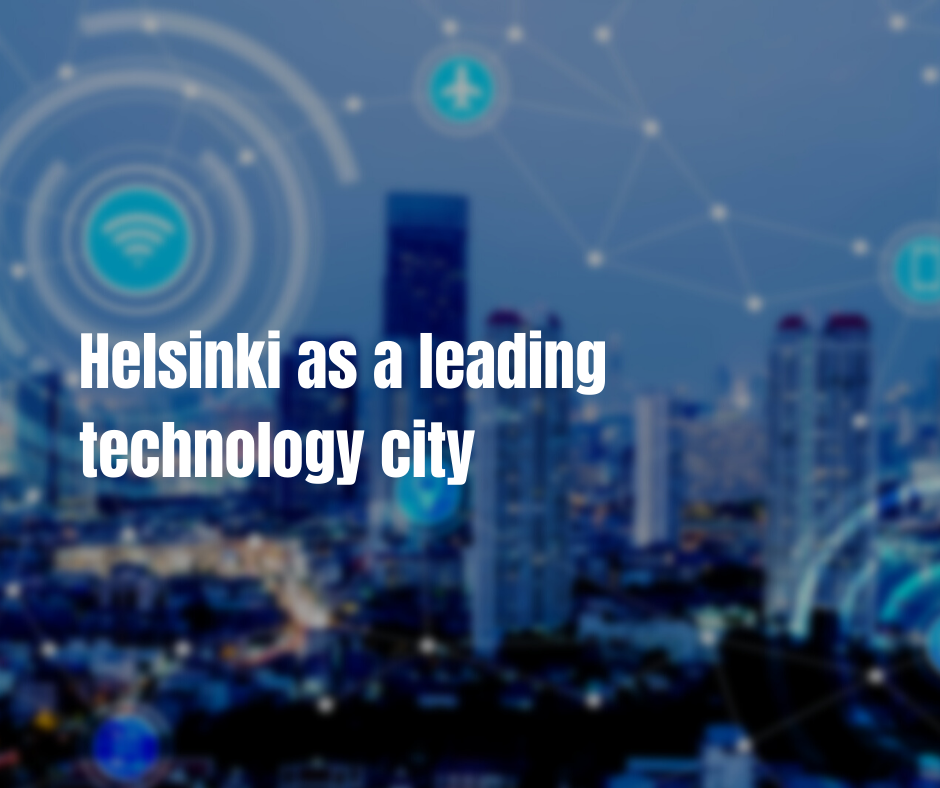Working group led by Risto Siilasmaa released its report on how to transform Finland to a leading technology country on the 1st of June. The group had investigated a great amount of initiatives and taken those forward with leading experts. To transform Finland into a leading technology country requires Helsinki to transform to a leading technology city. In this article I will discuss actions that Helsinki needs to take based on the report.
Key objects identified by the report were:
- Establish an understanding how technology could benefit Finnish society
- Joint commitment to the goals and the objectives
- Empowering concerned parties to implement the actions
Finnish people are proud of their welfare. To maintain the position as a leading welfare nation in the future, we need to continuously improve our society to achieve more with less. Technology provides a way to improve the quality of the services and produce them more efficiently. The first wave of technology provided us with digital tools to communicate and manage information.The second wave will be about a combination of digitalization and existing services such as industry, transportation and medicine. Understanding the technology won’t be enough. We need innovations that combine technology and the existing processes. This will create opportunities for experts of various fields.
Development of the next wave of technology innovations requires interaction between the developers and users of the technology. Helsinki cannot just wait for automatization of transportation, but needs to be involved in the development from the beginning. Automatization of transportation is a good example of an application that requires a great amount of integration of the application and the existing processes of a city. Some of the integration issues are about technology and some are about the physical world. In addition to open data, we need open interfaces that enable interaction between the systems involved. When realised, the automatization of transportation will deliver a better service level, a large productivity increase and improve sustainability. It is easy to find such examples in areas of healthcare, industry, energy, sustainability and education.
Digital solutions are more complex systems than their predecessors. It requires a larger amount of investment Therefore it is desirable to build them to serve the needs of the global market. It is vital that we can offer the best possible platform to nurture the technology innovations to attract the investments to Helsinki and Finland. Strengths of Helsinki are functioning society, level of education, ICT expertise and stability. Weaknesses include lack of dynamics in our economy, slow integration of international experts & companies and using public procurement to advance development of new innovations. Using strategic projects to foster digitalization is an underused business driver. To achieve the goals, Helsinki must cultivate the strengths and make special efforts to solve the shortcomings.
For Helsinki, the following actions are the most important:
- Improve understanding of technology throughout the decision making chain: Helsinki must improve competence of technology by training and market dialogue
- Create a strategy on how to harness technology for the entire city. To make the activities transparent, Helsinki needs to adopt a public monitoring system based on the model proposed by the group led by Siilasmaa.
- Re-align public spending to favor technology agnostic solutions to produce the required service with a target to encourage new, innovative producers to offer new solutions.
(*) Finnish technology policy in 2020s – A global leader through technology and information. http://urn.fi/URN:ISBN:978-952-367-692-3

